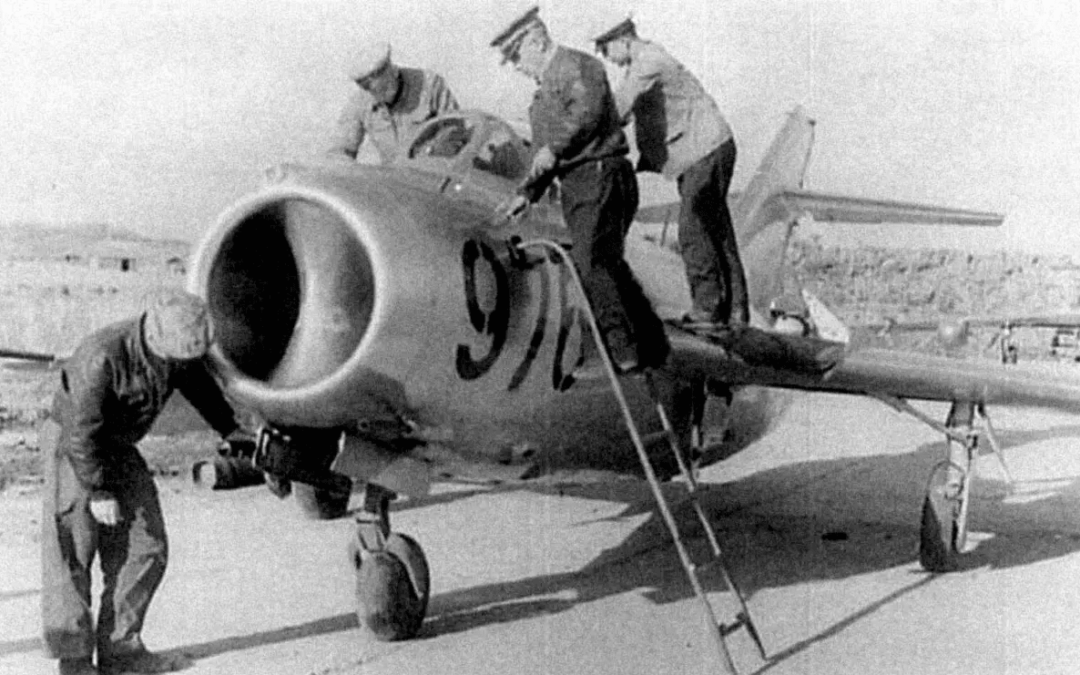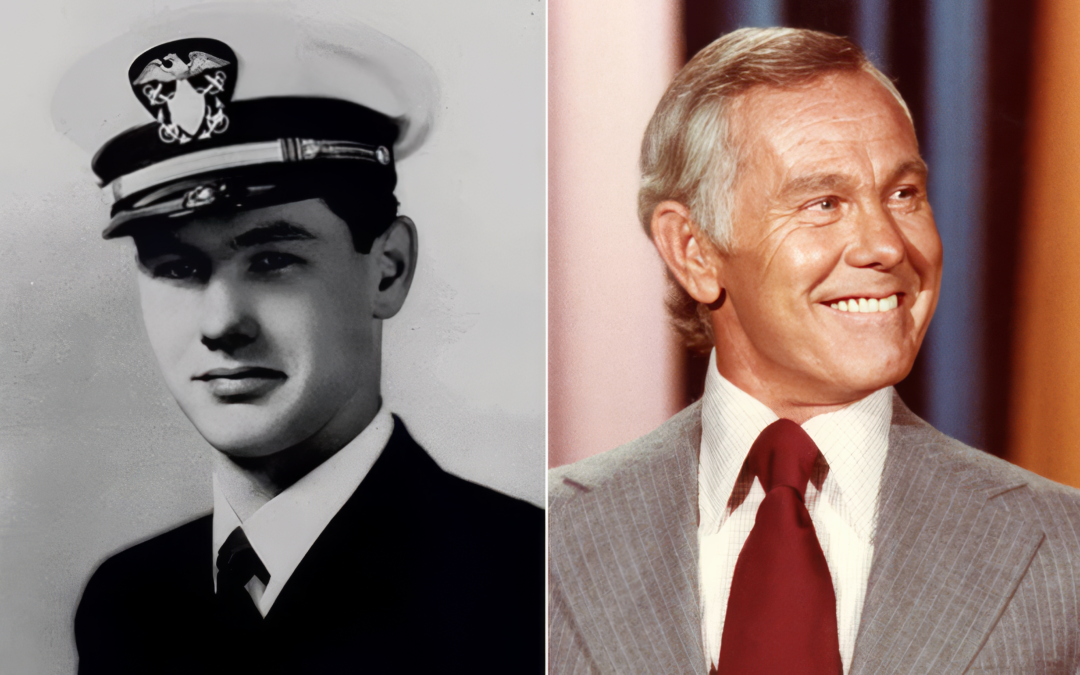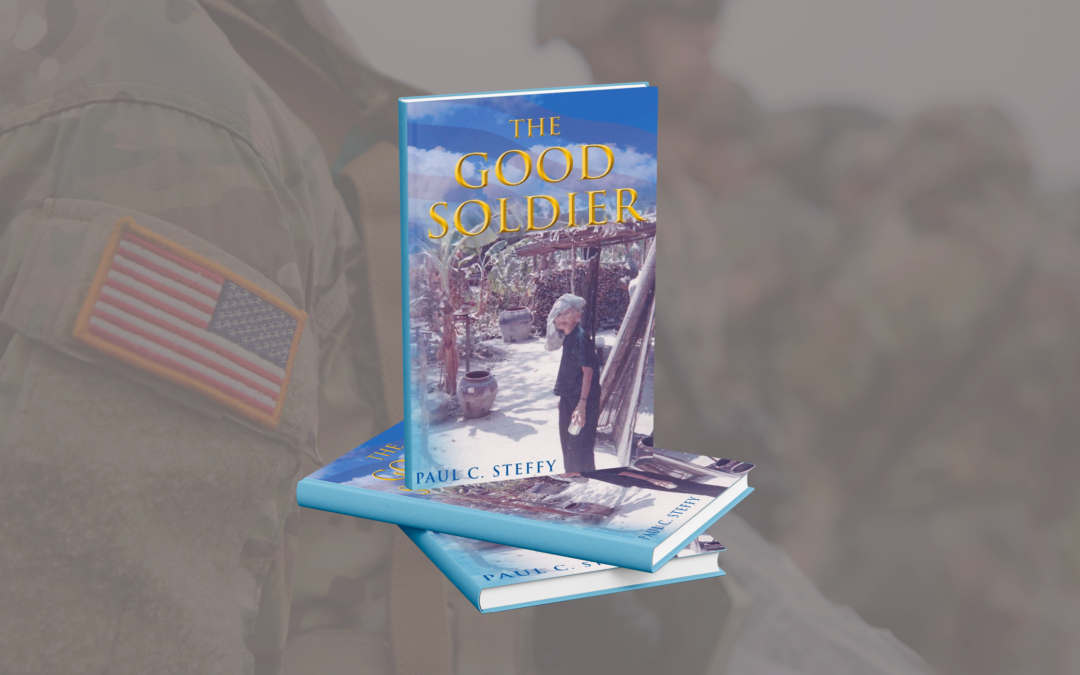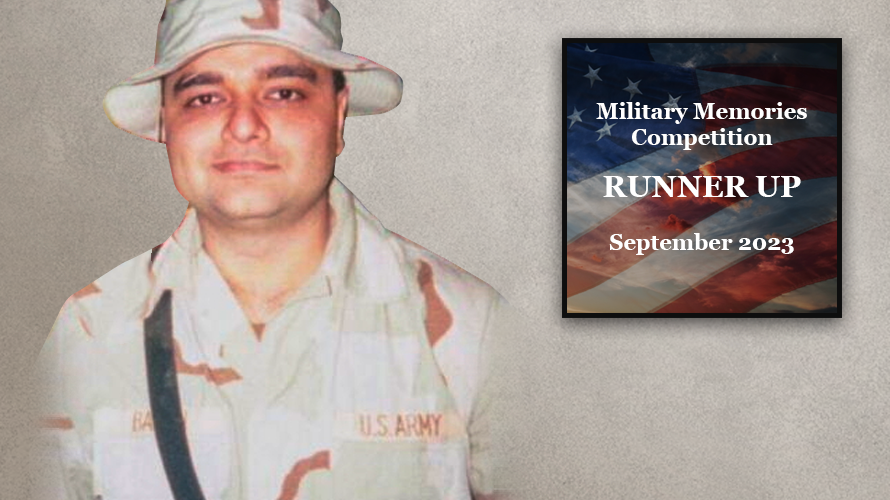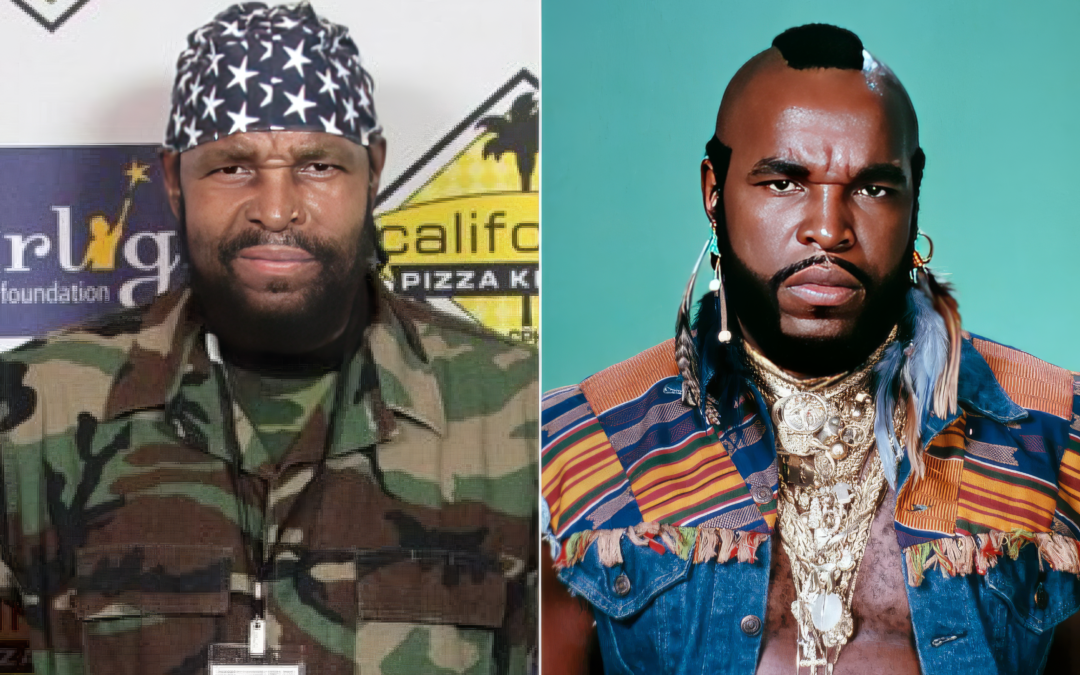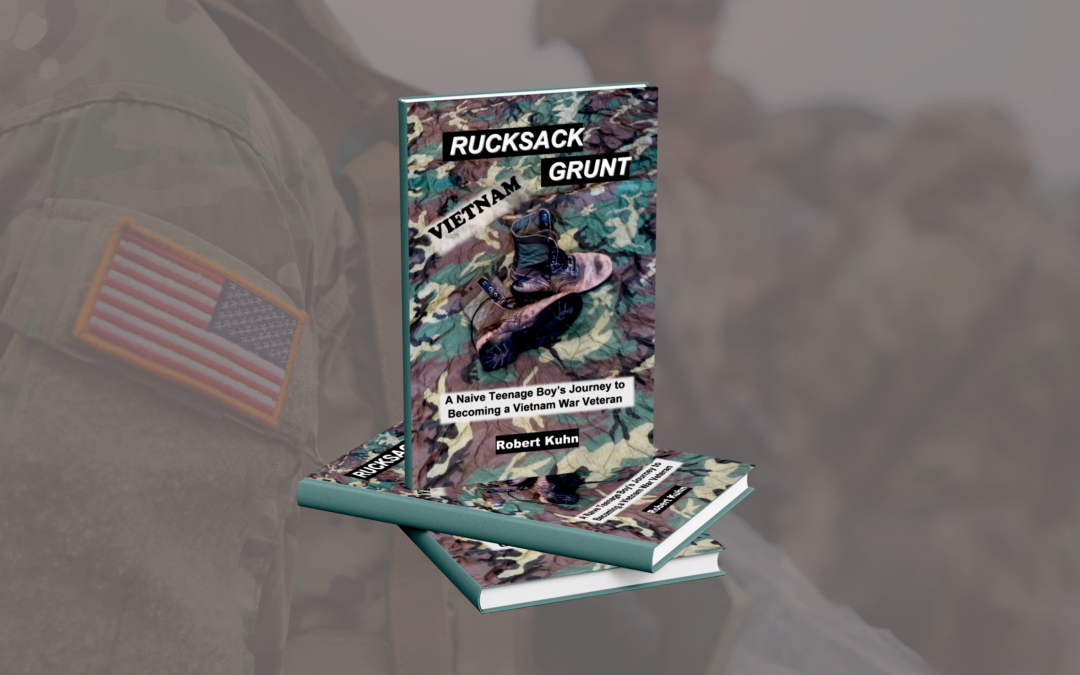Jet fighters first made an appearance in the German Luftwaffe during World War II, but the technology had come a long way by the time the Korean War started in 1950. At first, the North Korean air forces were flying Soviet-built propeller-driven fighters, and the United States forces were flying American-made P-51 Mustangs and Vought F4U Corsairs. As the war dragged on, both sides got substantial upgrades. When the Korean People's Air Force started flying the MiG-15, it was clear that the propeller fighters were outmatched by Soviet-built aircraft and Soviet-trained Chinese and North Korean pilots. MiG-15s were very good at intercepting B-29 Superfortress bombers and engaging their fighter escorts. They wreaked havoc on prop fighters. They were faster and more numerous than anything the United Nations forces could muster. While the F-86 Sabre was sent to Korea to counter the growing MiG-15 threat, they would not arrive until December 1950. Until then, the U.S. Air Force...
